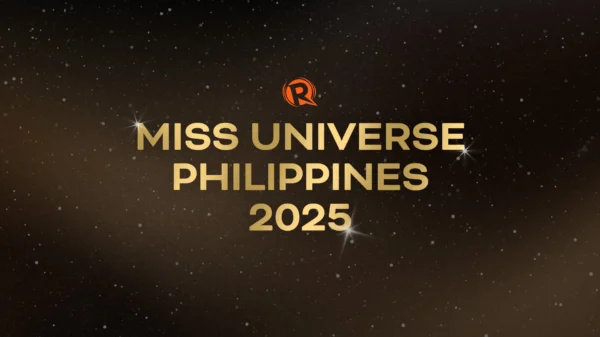The Evolution of the Music Industry
The music industry has undergone significant changes over the years, driven by advancements in technology and shifts in consumer behavior. From vinyl records to cassette tapes, CDs to digital downloads, and now streaming services, the way we consume music has evolved dramatically. In this blog post, we will explore some predictions for the future of the music industry and how it may continue to evolve.
1. Rise of Artificial Intelligence in Music Creation
Artificial intelligence (AI) has already made its mark in various industries, and the music industry is no exception. In the future, we can expect AI to play a more significant role in music creation. AI algorithms can analyze vast amounts of data to identify patterns and trends, helping musicians and producers create unique and innovative compositions. This technology can also assist in automating certain aspects of the music production process, making it more efficient and cost-effective.
AI-powered music recommendation systems have already gained popularity, with platforms like Spotify and Apple Music suggesting personalized playlists based on users’ listening habits. As AI continues to advance, we may see more AI-generated music that is tailored to individual preferences.
2. Virtual Reality (VR) and Augmented Reality (AR) Experiences
Virtual reality and augmented reality technologies have the potential to revolutionize the way we experience music. Imagine attending a concert from the comfort of your own home, with VR technology transporting you to the front row of a live performance. AR can enhance live shows by overlaying digital elements onto the real world, creating immersive and interactive experiences for concert-goers.
These technologies also offer new opportunities for artists to connect with their fans. Virtual meet-and-greets, interactive music videos, and virtual album launches are just a few examples of how VR and AR can enhance the fan experience and create new revenue streams for musicians.
3. Blockchain and Cryptocurrency in the Music Industry
Blockchain technology has the potential to transform the music industry by addressing issues such as copyright infringement and royalty distribution. Blockchain can provide a transparent and immutable ledger of music rights ownership, ensuring that artists are properly credited and compensated for their work.
Additionally, the use of cryptocurrency in the music industry can streamline royalty payments and eliminate intermediaries. Smart contracts powered by blockchain can automatically distribute royalties to artists based on pre-defined terms, reducing administrative costs and ensuring fair compensation.
4. Personalization and Data-driven Insights
With the abundance of data available, the music industry can leverage analytics and machine learning to gain valuable insights into consumer preferences and behavior. This data can be used to personalize music recommendations, marketing campaigns, and even live performances.
Streaming platforms already use algorithms to curate personalized playlists, but in the future, we may see even more sophisticated personalization techniques. Artists can use data-driven insights to tailor their music to specific demographics or create targeted marketing campaigns to reach their desired audience.
Conclusion
The future of the music industry is undoubtedly exciting, with advancements in technology opening up new possibilities for artists, fans, and industry professionals. From AI-generated music to immersive VR experiences, blockchain-powered royalty systems to data-driven personalization, the music industry is poised for continued evolution and innovation.
By embracing these emerging trends and technologies, the music industry can adapt to the changing landscape and create new opportunities for growth and creativity.


































